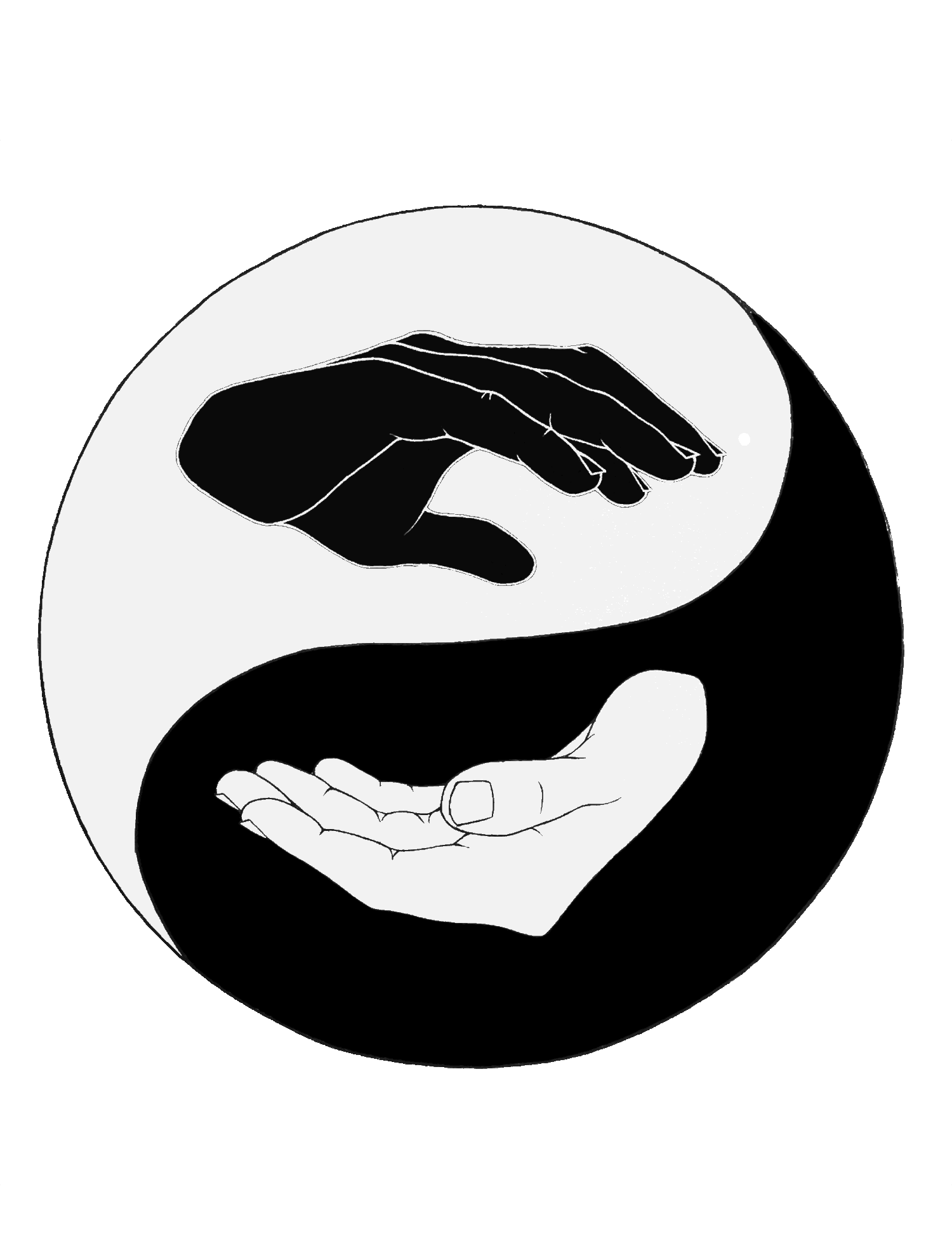Stress Belly Blues
In Chinese Medicine we pay very close attention to digestion and elimination. That’s right - poop. Because this form of medicine was developed and practiced before the time of abdominal/colon scopes, MRI, and ultrasound, bowel movements were and still are a very reliable form of assessing the efficiency of food absorption and general state of the internal ecosystem. This is important when giving a prognosis (the answer to, “can you help me?”). Bodies that are digesting and absorbing efficiently are going to heal faster and more completely. Alternatively, if there is a problem with digestion/ elimination, that needs to be addressed along with the main concern to see an improvement.
I frequently get odd or embarrassed looks when I ask about the quality of my patients’ BMs. Well, I’m here to tell you, everybody poops. Believe it or not, there is actually a standardized visual chart called the Bristol Stool Chart (I will let you google that and spare those who’d rather not see the pictures). Paying attention to the quality and frequency of your BM can inform not only your acupuncturist/ healthcare provider, but also fill you in on what your body likes or doesn’t like.
Food is definitely the main component when it comes to digestion, but almost as important is the nervous system. Stress and food just don’t mix. In Chinese Medicine we see this as the relationship between the Earth element (Stomach and Spleen) and the Wood Element (Liver and Gallbladder). When the earth is weak - bloating, diarrhea, IBS - it is easily susceptible to insult from the wood - stress/ emotional upset.
So, no stress = no problem, great!
In a perfect world this would be the prescription. Alas, we all have a level of stress that is unavoidable and therefore, we must support the earth in ourselves to not let it get the best of our bellies. Mindfulness and meditation is an excellent place to start, lowering the body’s response to stress. I tell almost all of my patients to practice Deep Abdominal Breathing whenever possible. All that means is consciously inhaling and filling your belly instead of the chest. This helps to bring mindfulness back to the rhythm of the breath and physiologically tractions and stimulates the vagus nerve - the nerve that innervates all the organs of digestion.
The next step is food. The earth element loves orange colored foods - carrots and sweet potatoes - and warming spices - cinnamon and ginger. These foods and spices are naturally sweet and warming to nourish and stimulate the function of the Stomach and Spleen. Foods to avoid are cold and damp in nature - dairy and raw fruits/veggies. Contrary to western belief, salads are not the hallmark of a healthy diet. The digestive process starts outside the body when we cook and process the foods, thus making it easier on ourselves to finish the process. Damp or inflammation-inducing foods - dairy, excessive sugar, alcohol - gum up the system and sometimes just pass right through without being fully digested or absorbed.
The first two steps can be done today at home and have very few, if any, side effects. If this is not enough (which is common being that people generally don’t listen to their bodies until they are metaphorically screaming with symptoms), stronger herbs and medicinals can be recruited. This is done in a clinical setting, after a full history and intake has been completed to properly diagnose the pattern and prescribe a suitable formula.
Digestive health is among the more important bodily processes to ensure whole body health and wellness. If you feel like you need support or have more questions about specific issues feel free to contact the clinic. We are more than happy to be of service.


